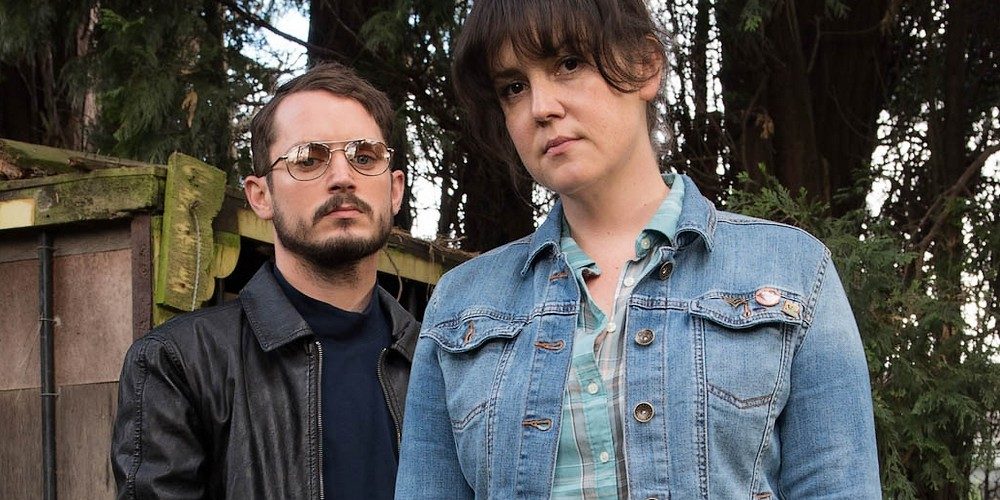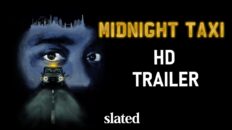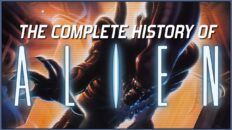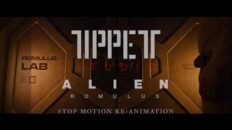“I felt despair. The word’s overused and banalified now, despair, but it’s a serious word, and I’m using it seriously. For me it denotes a simple admixture—a weird yearning for death combined with a crushing sense of my own smallness and futility that presents as a fear of death. It’s maybe close to what people call dread or angst. But it’s not these things, quite. It’s more like wanting to die in order to escape the unbearable feeling of becoming aware that I’m small and weak and selfish and going without any doubt at all to die.” — David Foster Wallace (Infinite Jest)
***
There are few people that capture the spirit of ennui, depression, and despair that afflicts modern American life as well as the late David Foster Wallace. But working from his playbook, director Macon Blair (who is better known for his acting work in the much darker films Blue Ruin and Green Room) takes a stab at such a story. Although he’s clearly interested in offering a different way to resolve the conflict at the heart of human existence, even if it’s all a little too neatly packaged in I Don’t Feel at Home in This World Anymore.
The story, whose name is taken from the gospel song This World Is Not My Home, revolves around Ruth (Melanie Lynskey) who works at a nursing home and quietly suffers a thousand small indignities every day before coming home one day to find her home has been broken into and her grandmother’s silver and her laptop stolen. This turns out to be her breaking point, and she begins confronting people as they indifferently inflict microaggressions on her. She begins with a neighbor, Tony (Elijah Wood) who lets his dog poop in her front yard.
Wood is not entirely believable as an agro-redneck-punk, listening to angry music and raging at the injustice of the world. But that’s because Tony is actually a tender hearted, sincere, church going man who has put on a mask in order to deal with an otherwise indifferent world. But Ruth doesn’t see that tender side yet when she enlists his help to recover her stolen goods using tracking software that was on her laptop.
As the two track down first her laptop, then her grandmother’s silver things spiral increasingly out of control as first she winds up with a broken finger after assaulting an older pawn shop owner and encountering the young man who originally broke into her house. She and Tony use the internet to discover the young man’s address after the police won’t help and confront the boy’s father who scoffs at Ruth’s tenacity in, at this point, essentially demanding an apology—or maybe just an answer to the question why people treat each other so badly.
The film, which up to this point has been largely quirky and a little melancholy, actually a refreshingly small story, takes a turn toward the horrific and grotesque at this point with a shocking moment of mortality and followed by a sustained, violent climax that doesn’t feel entirely of a piece with the rest of the film. “Have you ever eaten cat meat,” a character asks Ruth, “it makes you invisible.”
Lynskey delivers a fine performance, carrying the film, even as it spins out beyond her character’s control. And if the story ends a little too neatly, you don’t really mind. It points toward our desire to be really, truly human. To not be assholes to each other. To treat each other as fellow travelers looking for our homes. And if that takes a bit of naïveté and gooey-ness and sincerity to shine through under the masks we wear, writer and director Blair is happy to oblige. As David Foster Wallace put it, “What passes for hip cynical transcendence of sentiment is really some kind of fear of being really human, since to be really human … is probably to be unavoidably sentimental and naïve and goo-prone and generally pathetic.”








